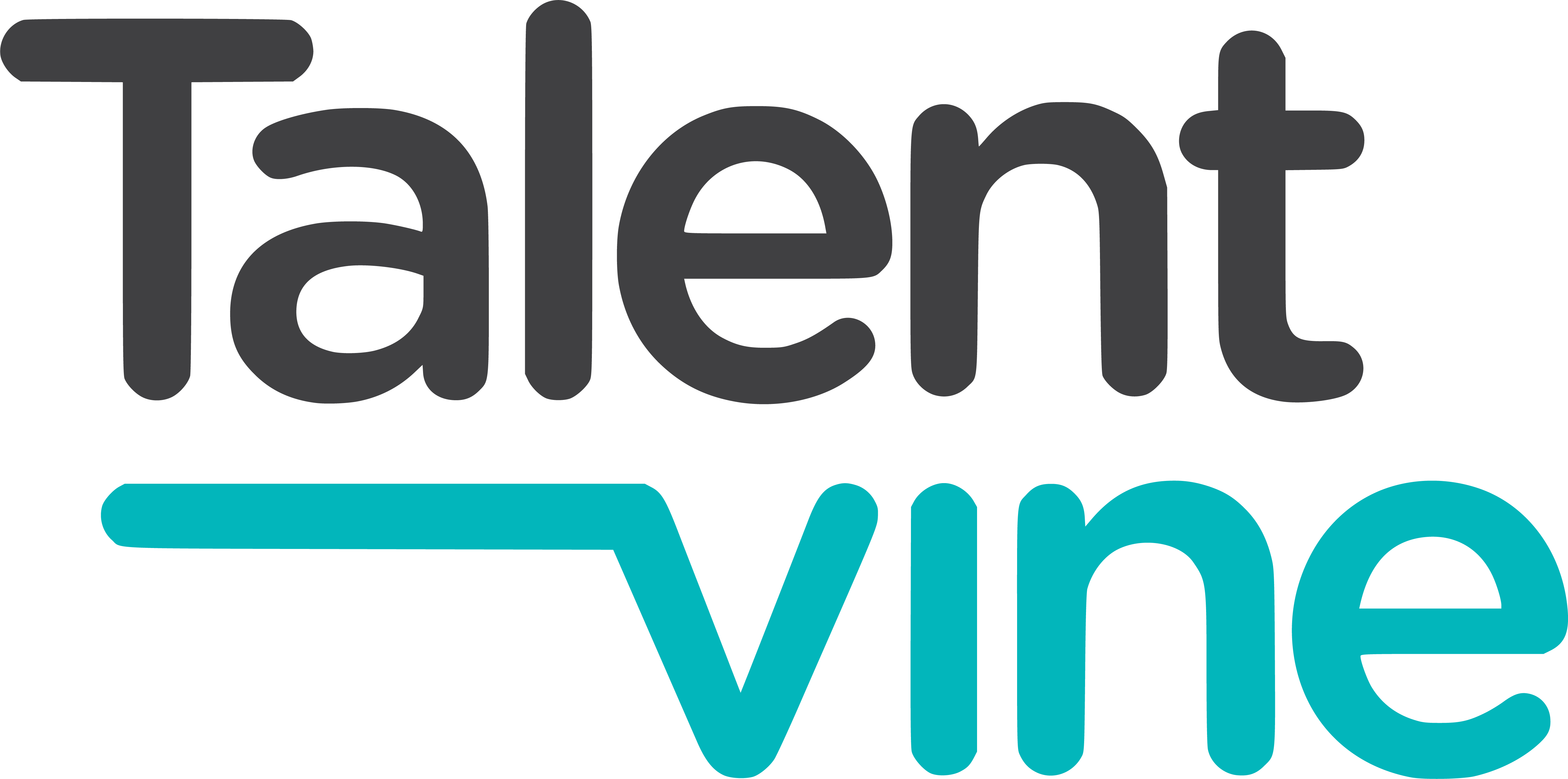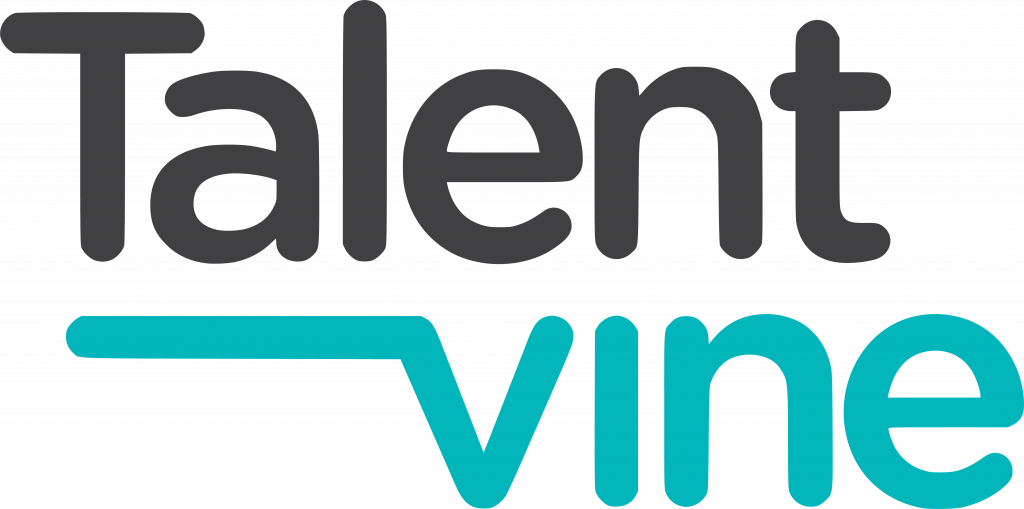As 2021 comes to an end, it’s time for us all to start looking forward. The effects of the pandemic, closed borders and a talent shortage have all significantly impacted the recruitment space. Many of these trends will affect future recruitment possibilities, in 2022 and beyond. For employers and recruiters, it’s important to recognise and anticipate the key trends in the recruitment space.
What are the key recruitment themes for 2022? Here are our predictions:
Future Trends for Recruitment and Hiring in 2022:
A Candidate Driven Market
We’ve all been seeing and hearing about the Great Resignation through the past year, and this is one of its effects. The market has seen a shift in power, with more jobs than candidates available tipping the scales in favour of applicants. With many employers eager to hire from a smaller pool of talent (see border restrictions), demand has driven up the salaries and benefits available to these candidates.
Our very own CEO Justin Falk, in a recent interview, stated that:
“Trying to compete on salaries alone is going to be unsustainable and this will drive more employers to focus on what value they can truly provide to their employees.”
Recruiters and Talent Acquisition professionals will have to be more proactive in sourcing their talent and find ways in which to stand out from the competition.
Trying to compete on salaries alone is going to be unsustainable and this will drive more employers to focus on what value they can truly provide to their employees.
Focus on Employer Branding
In a competitive market, employers need to distinguish themselves from others looking to hire the same talent, and building a strong employer brand is a powerful first step. Of course, the focus on employer branding has been going on for some time, but the current talent shortage has increased the need to position yourself as a great place to work.
With so many options on the table, candidates can be more discerning about who they work for, taking company culture, flexibility, and work-life balance into consideration. Organisations are providing more options to their employees to build stronger employer brands and reduce turnover. In addition, promoting your company mission, values, and a bit of personality can go a long way in attracting the right candidate.
Diversity and Inclusive Hiring
For a long time, businesses have been aware that diversity in the workplace does wonders for creativity, productivity, and revenue generation. As a result, organisations have been increasing their efforts to recruit team members diverse in culture, age, background, and gender, with no indication that this trend will buck in 2022.
So, diverse hiring will continue to be ramped up next year, but what does that actually entail? For one, organisations will turn to initiatives such as blind hiring and other inclusive hiring practices to build diverse, inclusive teams.
The popularisation of hybrid and remote working will also play a part in increased diversity recruitment. Groups such as foreign-based talent, people with disabilities, and those with young children will have opportunities previously unavailable to them.
With organisations hungry for talent in the current market, and international borders set to reopen, we’re expecting many companies to hire diverse talent well into the future. TalentVine has a panel of recruiters who specialise in diversity and inclusion, making it even easier for employers to find quality candidates while building a diverse workforce. .
Build a Diverse Team with TalentVine
With organisations hungry for talent in the current market, and international borders set to reopen, we’re expecting many companies to hire diverse talent well into the future. TalentVine has a panel of recruiters who specialise in diversity and inclusion, making it even easier for employers to find quality candidates while building a diverse workforce.
Sign Up For FreeHybrid and Remote Working
This leads us to another key trend that we’ve seen emerge in the pandemic, and expect to continue into 2022 and beyond. At the height of Covid 19, many workplaces in Australia and around the world were forced to close offices. Organisations had to adapt, and thus came the widespread implementation of working from home.
Now that restrictions have eased, and offices reopened, much of the workforce is reluctant to give up the newfound comfort of remote work. As such, many organisations have now developed a hybrid approach, with employees splitting their time between office hours and working from home.
As more and more organisations adopt hybrid working arrangements, the challenge will be for managers to successfully implement and adapt to these changes.
Hiring for Soft Skills
Another effect of the ongoing skill shortage is that organisations are increasingly hiring for soft skills. Hard skills can be taught, but things like effective communications, collaboration, creativity and productivity are harder to change.
Organisations are placing increasing value on company culture, and the question of “how well does a candidate work” is quickly becoming “how well do they work in our team.”
Increased Demand for Recruiters
With organisations finding it harder to find and recruit quality candidates, 2021 has seen a huge spike in the demand for specialist recruiters. By forming these partnerships, employers are able to access a much larger pool of talent, including international or out-of-state talent, passive candidates, and those from the recruiter’s professional network.
Recruiters are able to support your organisation by sourcing quality candidates. Having recruitment agents aligned to your employer brand, with fair and consistent terms of service and flexible fees on a per role basis will help you to make the most of your recruiter usage.
TalentVine provides all of this, along with ratings, performance metrics, and recently placed roles. This helps you to work smart with your existing recruiters and access additional recruitment specialists on demand.
Emphasis on the Employee Experience
To counteract the Great Resignation, many employers have and will turn their focus to increased retention efforts. Keeping a current employee is always better than rehiring, particularly in the current talent-short market. Not only do you lose all of the experience and relationships of the previous team member, but the cost to an organisation as a result of the turnover disruption is immense.
Employee retention is more important than ever, and organisations need to focus on what they can do to improve. Employer branding is one aspect, but providing employee benefits, career growth opportunities, offering flexible arrangements, and making counter-offers are all part of a good retention strategy.
New Technologies
One final point, although more of a constant evolution than a trend, is the advent and adoption of new technology across all sectors. This is no different in the recruitment industry, where technologies are being developed to help recruiters find, screen, and onboard candidates, along with a myriad of other purposes.
TalentVine is part of this wave, using a mix of smart technology, relevant metrics and data, and relevant human interaction to drive better recruiter and employer engagements.
Coupled with our in-built Applicant Tracking System and Vendor Management Platform, TalentVine is just one example of technology changing the recruitment game, a trend we’re sure will continue.
Closing Remarks
The recruitment industry is constantly evolving, and in 2022 we expect the changes to come more rapidly than ever before. The effects of the pandemic, a talent shortage, and a myriad of other factors have all forced the industry to adapt. As we head into the next year, it’s important for employers and recruiters to not only adapt to these trends, but anticipate them.
Those were our top trend predictions for recruitment in 2022. This past year has certainly been a wild ride, and we would like to thank everyone who has supported us at TalentVine.








